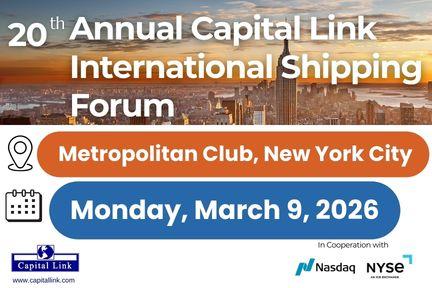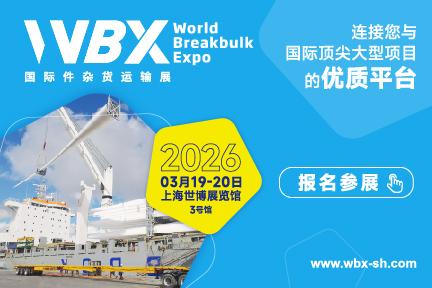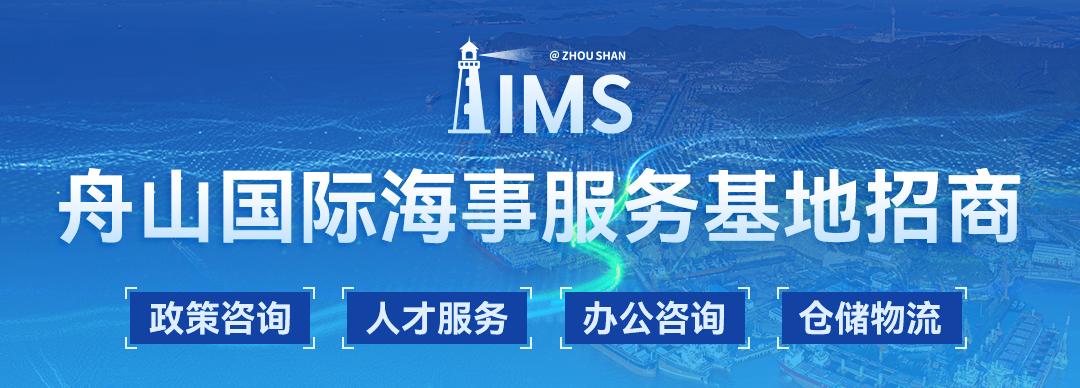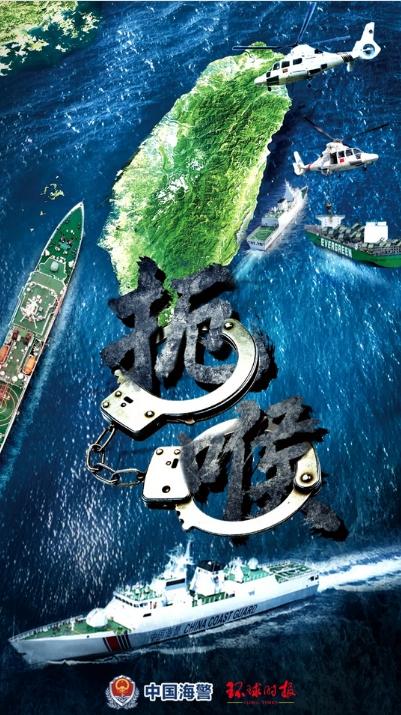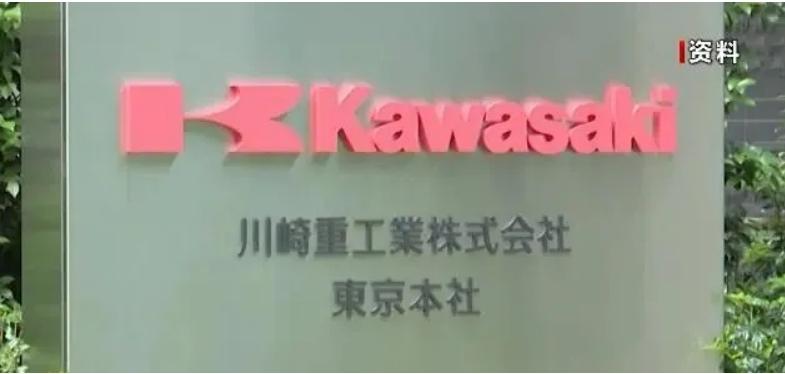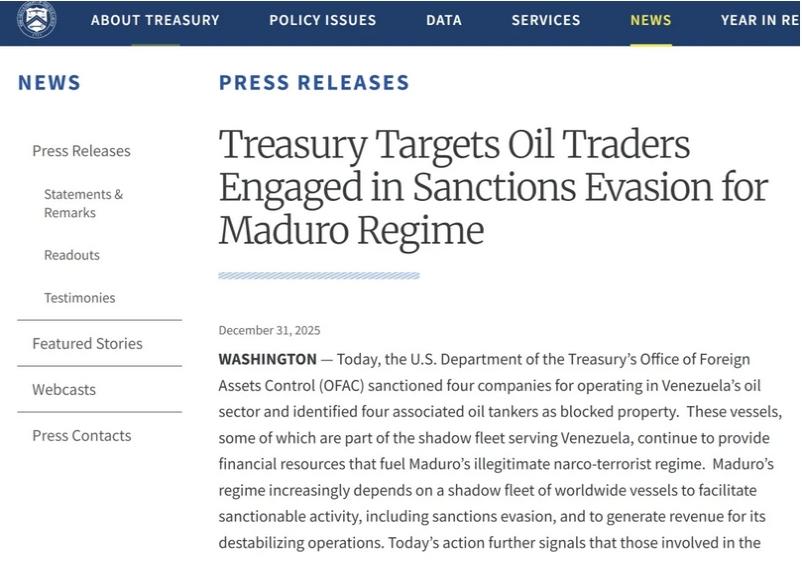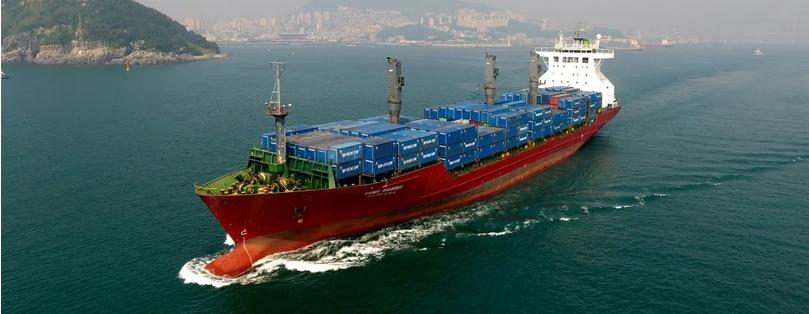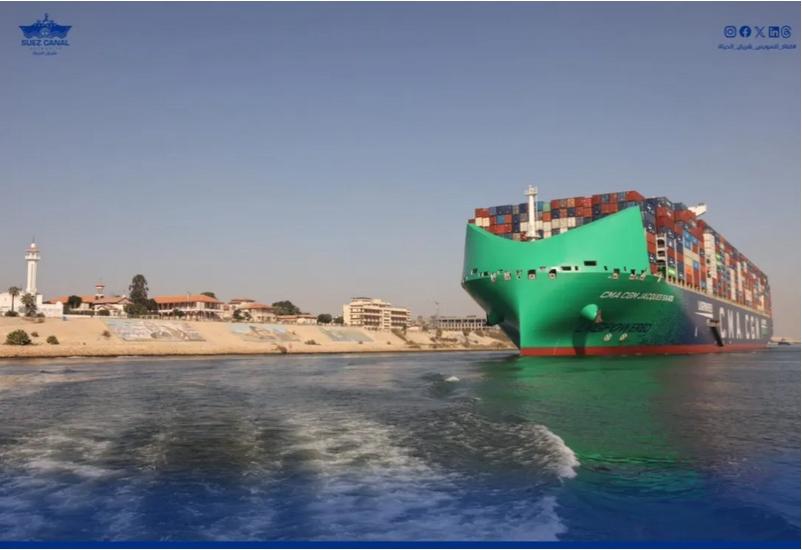BIMCO主席赵式明女士为世界海洋峰会(亚太)所作的演讲

Ship recycling: building a circular economy for the high seas
Like cars, all ships reach a point when it is no longer sustainable or economical to operate them. At the end of their life cycle, typically 20-30 years, most vessels are demolished or recycled. As the shipping industry works towards decarbonisation and older ships become obsolete, ship recycling is becoming part of the sector’s regulatory framework.
像汽车一样,所有船舶在某一天都会无法再可持续或经济地营运。通常而言,船舶生命周期是20至30年,大多数船舶在其生命周期结束时都会面临拆解。随着航运业努力实现脱碳化,老旧船舶逐渐被淘汰,船舶拆解正在成为行业监管框架的一部分。
Old ships, new jobs, scrap steel
旧船舶,新岗位,废钢铁
About 90% of the world’s ship recycling activity takes place in Bangladesh, China, India, Pakistan and Turkey. In India’s Gujarat state, the Alang area alone directly employs around 60,000 people when all its yards are occupied, in addition to providing many indirect jobs. Unveiling its 2021 budget earlier this year, India’s finance ministry announced plans to double the country’s ship-recycling capacity by 2024.
世界范围内,大约90%的拆船行为在孟加拉国、中国、印度、巴基斯坦和土耳其进行。在印度的古吉拉特邦,当所有的船厂都进行拆船时,仅阿朗地区就直接雇用了约6万人,此外还提供了许多间接就业机会。在今年早些时候公布的2021年预算中,印度财政部宣布计划在2024年前将该国的拆船能力提高一倍。
The steel industry is one of the top three producers of CO2 in the world. Ship recycling supplies a large quantity of scrap metal to the steel and iron industries and reduces the need to produce virgin metals to meet demand. A study commissioned by the World Bank in 2009 found that Bangladesh satisfied 50% of its steel needs from national ship recycling. The figure was around 15% for Pakistan and 5-6% for India.
钢铁业是世界上三大二氧化碳排放源之一。拆船为钢铁业提供了大量的废旧金属,并减少了为满足需求而生产原始金属的需要。2009年,世界银行委托开展的一项研究发现,孟加拉国全国的拆船行为已满足了其50%的钢铁需求,巴基斯坦约为15%,印度约为5-6%。
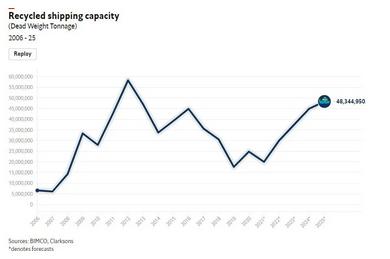
Regulating recycling
规范拆船行为
Although ship recycling is beneficial from a life cycle point of view and provides thousands of jobs, the industry faces great challenges when it comes to occupational safety and environmental impact. As the world fleet grows, the need for ship recycling will rise, and the potential to improve and upgrade South Asia’s ship-recycling industry is huge. Now is the time to act and continue to focus on improving safe working conditions and environmental sustainability.
虽然从生命周期的角度来看,拆船是有益的,并提供了成千上万的就业机会,但在职业安全和环境影响方面,拆船仍面临着巨大挑战。对拆船的需求将随着世界船队数量增长而上升,南亚拆船业的改进和升级潜力巨大。现在应采取行动,持续关注安全工作条件改善和环境可持续性问题。
Supporting the Hong Kong International Convention for the Safe and Environmentally Sound Recycling of Ships is a vital first step. The Hong Kong Convention, developed over three and a half years in cooperation with the International Labour Organisation (ILO) and the parties to the Basel Convention, was adopted by 63 countries in 2009. It addresses safety, proper working conditions, environmental issues and how to deal with hazardous substances. However, the convention still has not been ratified by enough nations to enter into force.
至关重要的第一步,是支持《香港国际安全和无害环境拆船公约》。《香港公约》由国际劳工组织(ILO)和《巴塞尔公约》的缔约国合作,历时三年半制定,63个国家于2009年通过了该公约。《香港公约》涉及安全适当的工作条件、环境问题及危险物质的处理。然而,该公约尚未得到足够多的国家批准,因此仍未生效。
Second, support from within the shipping industry is important. Decision-makers can help improve conditions in recycling facilities. Many South Asian yards are already taking the initiative to do so, and the organisation of workers is gradually moving ahead in Alang.
第二,来自航运业内的支持很重要。决策者可以帮助改善拆船设施的条件。在这一方面,许多南亚船厂已经主动采取行动,阿朗的工人组织也在逐步推进。
Shaping a sea-worthy circular economy
塑造适航的循环经济
In the transitional period before the convention enters into force, it is important to use recycling yards that already comply with the convention’s requirements. Ships can be recycled more responsibly while we wait for a global commitment from governments and nations to ratify the convention.
在公约生效前的过渡时期,选择已经符合公约要求的拆船厂非常重要,这使公约在全球政府和国家间成为共识前,拆船行为更加规范。
In the meantime, a vast number of guidelines and contracts have been created to help the industry. BIMCO, the European Commission, the OECD, the International Maritime Organisation and its sister agencies, including the ILO, are among organisations that have developed extensive guidelines to facilitate responsible ship recycling. The guidelines address the development of ship-recycling plans, authorisation of facilities, the inventory of hazardous materials and working conditions, to name a few.
与此同时,为协助拆船业发展,大量准则和合同已经制定。BIMCO、欧盟委员会、经济合作与发展组织、国际海事组织及其包括国际劳工组织在内的姐妹机构,都制定了广泛的准则以促进规范拆船。这些准则涉及拆船计划的制定、设施授权、危险材料清点和工作条件等。
However, if these tools and guidelines do not become mainstream and the global regulatory framework—the Hong Kong Convention—is not ratified by sufficient nations to come into force, the opportunity to further develop responsible ship recycling and thereby promote a sustainable global circular economy could be lost.
然而,如果这些工具和准则不能成为主流,且全球监管框架——《香港公约》——没能得到足够国家的批准而生效,那么进一步发展规范拆船以促进可持续全球循环经济的机会就可能丧失。
There is a long way to go, but a fully sustainable ship-recycling industry is possible and within reach. The economic, occupational, social and environmental benefits are too big to be missed.
拆船业对经济、职业、社会和环境方面的利好不容忽视。虽然道阻且长,但建立完全可持续的拆船业是可能且触手可得的。
来源:BIMCO上海

 2021-11-05
2021-11-05 684
684 




